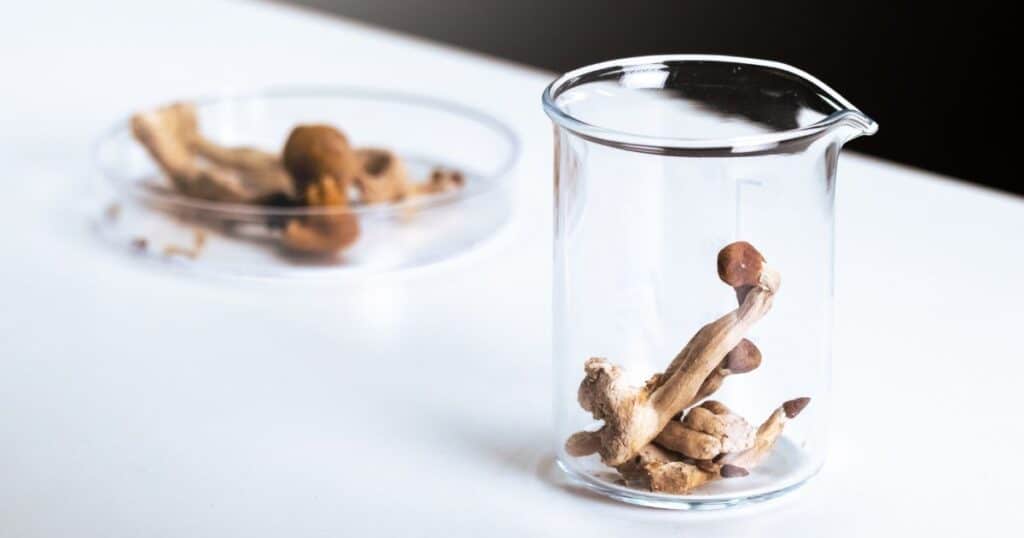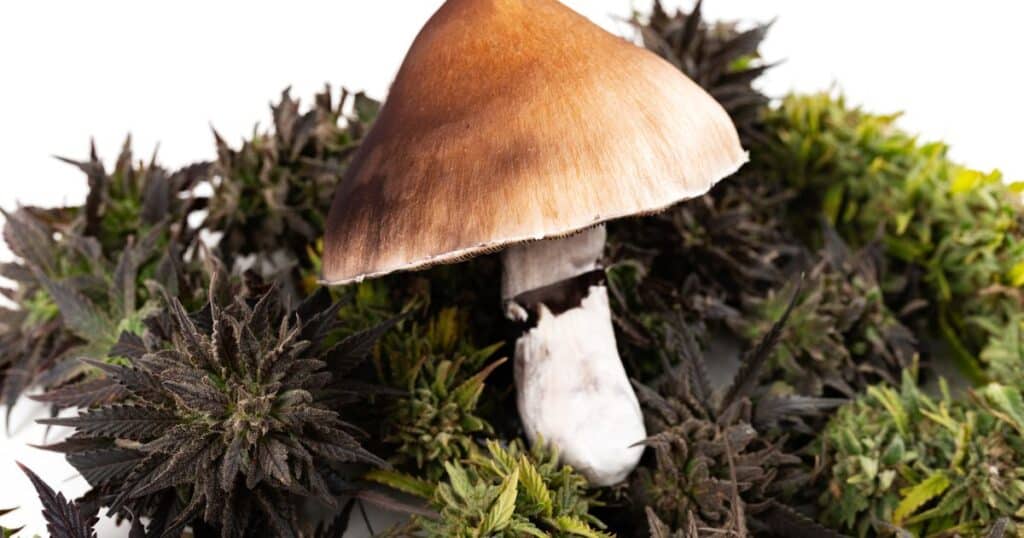A recent notice published by the Drug Enforcement Administration (DEA) has caught the attention of many in the scientific and medical communities. The agency is proposing a significant increase in its production quotas for marijuana compounds and psychedelics like psilocybin, and ibogaine.
These substances have long been classified as Scheduled drugs, meaning they are considered to have a high potential for abuse and no accepted medical use. However, the current research on these substances suggests otherwise.
The proposed increase in production quotas is a sign of the growing interest in researching and understanding the potential benefits of these controlled substances. It is also an acknowledgment that current regulations and limitations have hindered scientific progress in this area.
But why is research on these substances so important? And what does the proposed increase in production quotas mean for the future of psychedelic and marijuana research?

The DEA sets annual production quotas for controlled substances to meet the estimated needs of scientific, medical, and research communities. In its initial notice published, the agency set production quotas for 2023 that were significantly higher than previous years. However, in their recent notice published in the Federal Register the DEA proposed even higher levels for these substances.
Notable production quotas that the DEA is asking for are:
| Basic class | Established 2023 quotas (g) | Proposed revised 2023 quotas (g) |
| d-9–THC | 384,460 | 628,460 |
| All other tetrahydrocannabinol | 15,000 | 350,000 |
| Psilocybin | 8,000 | 15,000 |
| Psilocyn | 12,000 | 24,000 |
| Ibogaine | 30 | 150 |
Increased demand for research on psychedelics
Research on psychedelics has been gaining momentum in recent years, with more and more researchers and scientists recognizing the potential therapeutic benefits of these substances. Studies have shown promising results in treating conditions such as depression, anxiety, PTSD, and addiction.
This growing interest is driven by the need for alternative treatments that may be more effective than traditional pharmaceuticals. Additionally, with the ongoing opioid epidemic, there is a pressing need for new approaches to addressing addiction.
The proposed increase in production quotas will allow for more extensive and comprehensive studies on the potential uses of psychedelics in treating various mental health conditions. This research could lead to groundbreaking discoveries and new treatments that could significantly improve the lives of those struggling with these issues.
Importance of evidence-based research
Despite the growing interest and potential of psychedelics, there is a significant lack of evidence-based research on these substances. Currently, much of the information we have about their effects comes from anecdotal accounts or small-scale studies.
While these personal experiences can be powerful and persuasive, they are limited in their ability to provide concrete proof of efficacy. Anecdotal evidence also has the potential for bias and is often influenced by individual perceptions and expectations.
For these substances to be fully understood and utilized, evidence-based research is crucial. The proposed increase in production quotas will allow for more controlled and rigorous studies that can provide reliable data on the effects of psychedelics.
This will not only contribute to our scientific understanding but also help legitimize their use for medical and therapeutic purposes.

Overall, The DEA’s proposed increase in production quotas for marijuana compounds and psychedelics is a significant step toward unlocking their full potential through evidence-based research. This move reflects the growing interest in these substances and acknowledges the limitations that have hindered progress in this field.
With this increase, we can hope to see more comprehensive and robust studies on the potential uses of psychedelics, ultimately leading to a better understanding of their therapeutic benefits.
Enjoyed that first hit? Come chill with us every week at the Friday Sesh for a freshly packed bowl of the week’s best cannabis news!

















